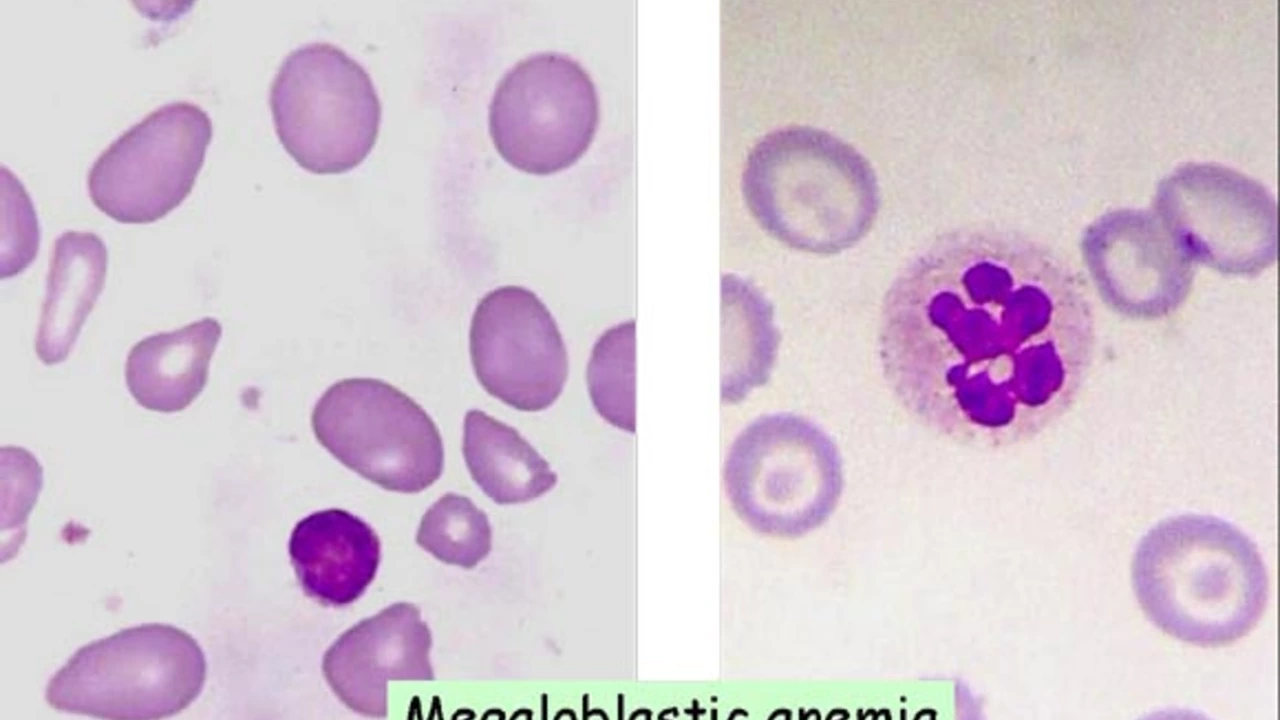August 2023 Health Insights: Folic Acid, Anemia & Cancer
If you or a loved one is battling cancer, nutrition can feel like another battlefield. One nutrient that often flies under the radar is folic acid. When your body runs low on folate, red blood cells don’t form correctly and you can end up with megaloblastic anemia – a condition where the cells are big, immature, and unable to carry oxygen efficiently.
Why folic acid matters for cancer patients
Cancer treatments like chemotherapy target fast‑growing cells. Unfortunately, they also hit healthy cells that need folate to divide properly, especially those in your bone marrow. Without enough folic acid, the marrow produces oversized red blood cells that can’t do their job. This leaves patients feeling fatigued, short of breath, and sometimes dizzy – symptoms that are easy to mistake for treatment side effects.
Research shows that cancer patients often have lower folate levels because their diet may be restricted, nausea reduces food intake, or certain drugs interfere with folate absorption. The result? A higher risk of developing megaloblastic anemia compared with the general population.
Spotting megaloblastic anemia and what to do
The warning signs are surprisingly simple: persistent tiredness, pale skin, rapid heartbeat, or a strange tingling in your hands. A quick blood test will reveal larger-than-normal red cells and low hemoglobin. If the results point to folate deficiency, doctors usually recommend a supplement regimen along with dietary tweaks.
Adding folic‑rich foods is an easy first step. Leafy greens like spinach and kale, beans, citrus fruits, and fortified cereals pack a folate punch. Pair these with vitamin B12 sources – such as eggs or dairy – because the two work together to keep blood cells healthy.
If supplements are needed, most oncologists prescribe a low‑dose folic acid tablet that won’t interfere with chemotherapy. It’s important to follow dosing instructions closely and keep your healthcare team in the loop, especially if you’re on methotrexate or other antifolate drugs.
Staying on top of your nutrient levels can also prevent future dips. Some clinics offer regular monitoring of folate and B12 during treatment cycles. Knowing where you stand helps you adjust diet or medication before anemia sets in.
Bottom line: don’t ignore the connection between folic acid and blood health if you’re fighting cancer. Small dietary changes, targeted supplements, and routine lab checks can keep anemia at bay and boost your energy for everyday life.

The Connection between Folic Acid Deficiency and Megaloblastic Anemia in Cancer Patients
Aug, 1 2023
